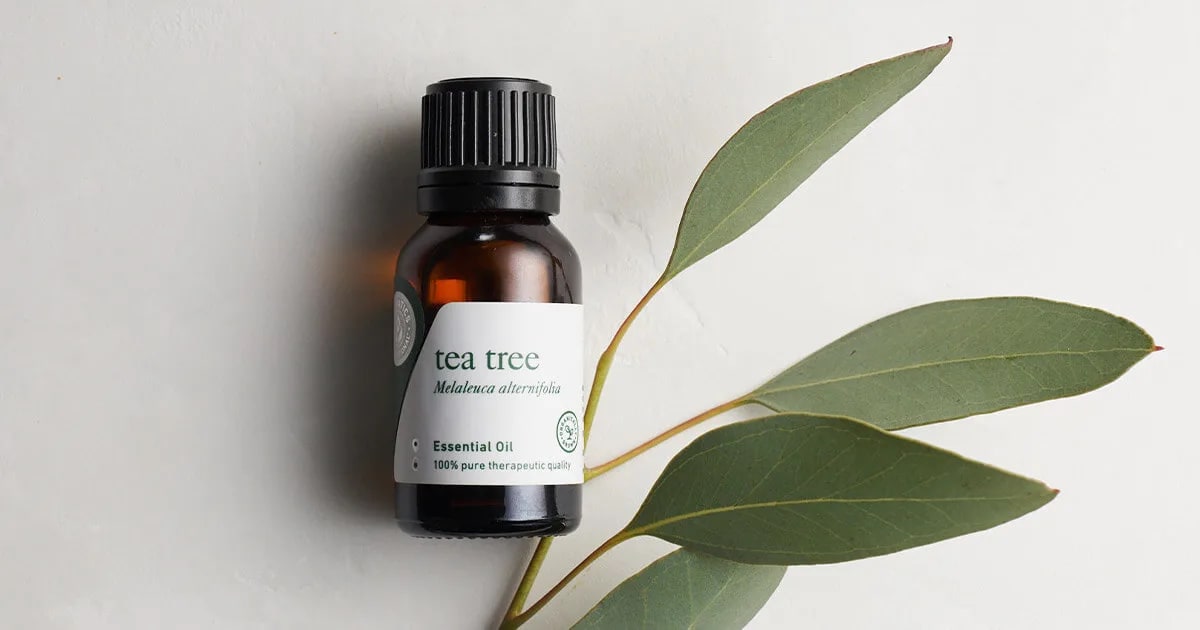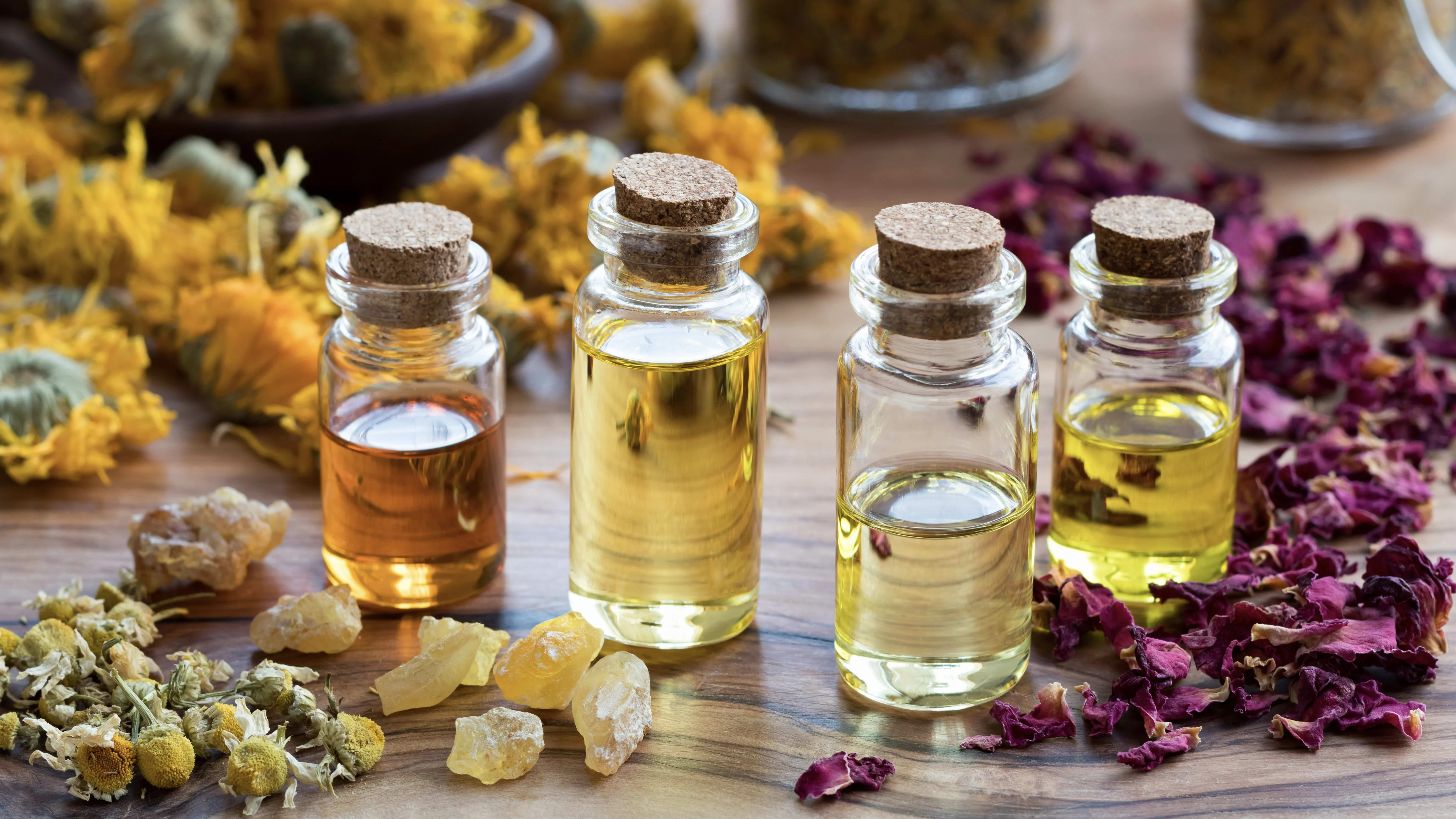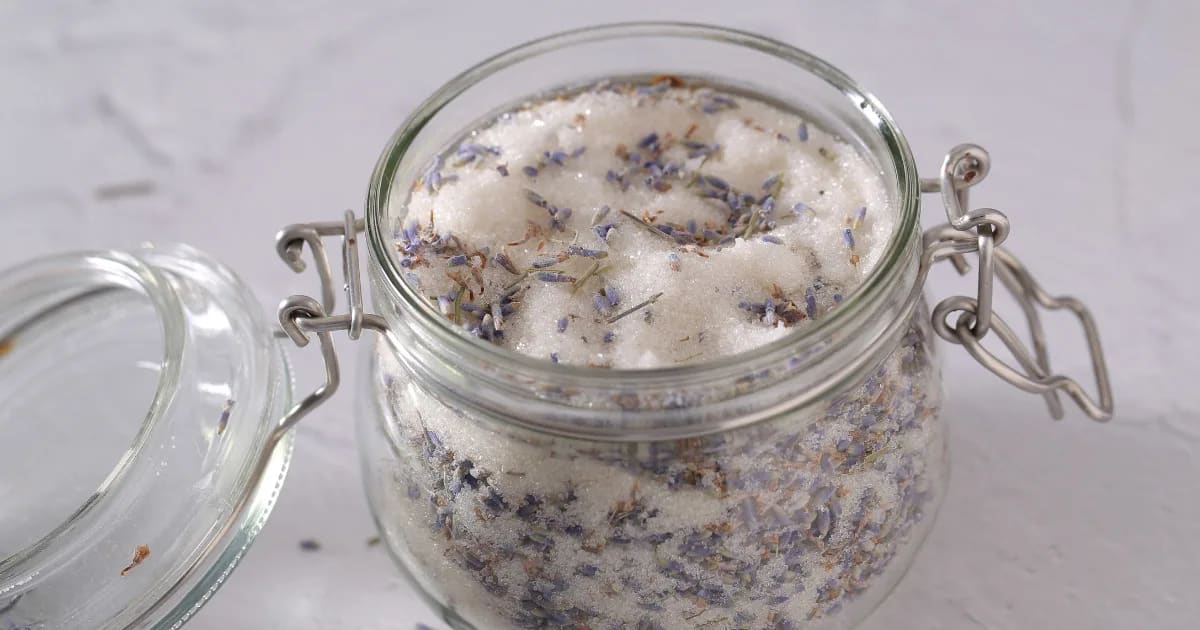How Tea Tree Oil Works in Natural Cleaning Spray

Tea Tree oil, known for its impressive capability to mitigate germs, owes much of its effectiveness to a molecule known as terpinen-4-ol.
But what exactly gives Tea Tree oil its germ-busting prowess? And how does the incorporation of alcohol enhance our cleaning spray?
Decoding the Magic of Terpinen-4-ol
Terpinen-4-ol is a monoterpenol compound found in abundance in nature, particularly in Tea Tree plants. This molecule is known for its ability to considerably diminish specific types of bacteria, viruses, and fungi. Intriguingly, it has also been found to be effective against some airborne microbes.
It's the infusion of this powerful molecule that makes Tea Tree oil a preferred ingredient in homemade cleaning sprays.
Discover more about the top three benefits of Tea Tree oil in this enlightening post on The Aromahead Blog!
However, the antimicrobial properties of Tea Tree oil extend beyond just terpinen-4-ol.
The Potency of α-Pinene
Another contributing molecule is α-pinene. This compound adds to the antimicrobial strength of Tea Tree oil, with research validating its capacity to suppress bacteria and fungi. α-Pinene is prevalent in a wide range of essential oils, including the aromatic Douglas Fir.
The Dual Role of Alcohol
Alcohol plays a critical part in this cleaning spray formula, serving as both a solubilizer for essential oils and a natural preservative.
Alcohol as a Solubilizer: Essential oils and water are immiscible. Alcohol acts as a facilitator, effectively dispersing the oils within the water-based hydrosol, thus creating a well-blended solution.
Alcohol as a Preservative: Alcohol also acts as a natural preservative, staving off the growth of bacteria and fungi, and extending the shelf-life of our cleaning spray.
For this recipe, we recommend using 190 proof alcohol, accounting for about 25% of the water portion of the blend. However, if preservation is your primary interest, a lower proof such as 151 can suffice, though it may not serve as an effective solubilizer.
An alternative solubilizer can be Castile soap, a versatile, plant-based soap that's biodegradable and free from synthetic ingredients.
Tea Tree, Fir & Mint Cleaning Spray Recipe
Here's the recipe using alcohol as a solubilizer and preservative:
2.25 oz (67.5 ml) Peppermint hydrosol (Mentha × piperita)
0.75 oz (22.5 ml) 190 proof alcohol (such as Everclear)
40 drops Douglas Fir essential oil (Pseudotsuga menziesii)
20 drops Tea Tree essential oil (Melaleuca alternifolia)
Alternative solubilizer recipe:
3 oz (90 ml) Peppermint hydrosol (Mentha × piperita)
15 ml Castile soap
40 drops Douglas Fir essential oil (Pseudotsuga menziesii)
20 drops Tea Tree essential oil (Melaleuca alternifolia)
With these recipes in hand, you can now create your natural, potent, and enduring homemade cleaning spray. Enjoy the invigorating aroma and the effective cleaning power of these sprays!
REFERENCES
Astani A, Reichling J, Schnitzler P (2010) Comparative study on the antiviral activity of selected monoterpenes derived from essential oils. Phytotherapy Research 24(5):673-9. doi: 10.1002/ptr.2955.
Da Silva AC, Lopes PM, de Azevedo MM, Costa DC, Alviano CS, Alviano DS. (2012) Biological activities of a-pinene and ß-pinene enantiomers. Molecules 2012 17, 6305–16.
Edwards-Jones, V., Buck, R., Shawcross S.G., Dawson, M.M. and Dunn, K. (2004) The effect of essential oils on methicillin-resistant Staphylococcus aureus using a dressing model. Burns 30, 8, 772-777.
Enshaieh, S., Jooya, A., Siadat, A.H. and Iraji, F. (2007) The efficacy of 5% topical tea tree oil gel in mild to moderate acne vulgaris: a randomized, double-blind, placebo-controlled study. Indian Journal of Dermatology, Venereology and Leprosy 73, 1, 22-25.
Lang, G. and Buchbauer, G. (2012) A review on recent research results (2008-2010) on essential oils as antimicrobials and antifungals. A review. Flavour and Fragrance Journal 27, 13-39.
Ramage, G., Milligan, S., Lappin, D.F., Sherry, L., Sweeney, P., Williams, C., Bagg, J. and Culshaw, S. (2012) Antifungal, cytotoxic, and immunomodulatory properties of tea tree oil and its derivative components: potential role in management of oral candidosis in cancer patients. Frontiers in Microbiology 3, 220, doi: 10.3389/fmicb.2012.00220. eCollection 2012.





